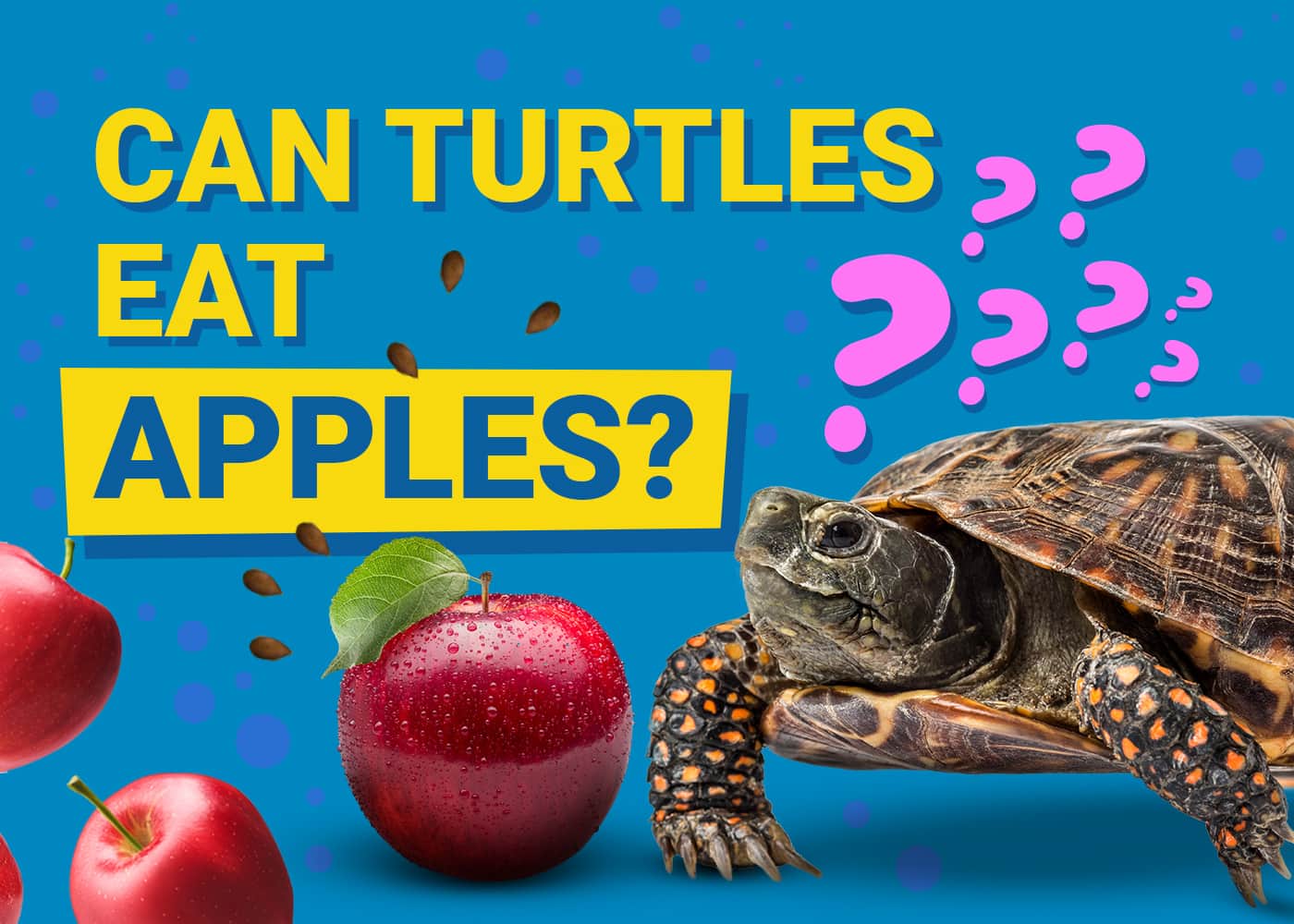Click to Skip Ahead
If you have a pet turtle, you may be wondering about the best snacks to feed your shelled pal. While most turtles are omnivores, their nutritional needs are quite different from those of humans. For example, turtles can technically eat apples. However, they should be treated as occasional treats only.
In this article, we’ll explore this topic more in-depth and cover why turtles can’t eat apples regularly, what they eat in the wild and as pets, and the vitamins and minerals turtles need to be healthy.

Why Can’t Turtles Eat Apples Regularly? What Fruits Can They Eat?
Don’t get us wrong—turtles love fruit. However, you should feed turtles fruit more sparingly than vegetables because veggies are more nutritious. Apples, in particular, are fine in small quantities and even have nutritional benefits for turtles, such as vitamin A.
However, like all fruits, apples are high in sugar, which turtles cannot digest in large amounts. The citric acid can also upset your turtle’s stomach and may even cause them to vomit. Other fruits with citric acid can have this effect and should be avoided or offered only sparingly; not surprisingly, lemons, oranges, grapefruits, limes, and some berries are on this list.
If you are offering your turtle a fruit snack, consider some other options that may be easier on your turtle’s stomach. Good choices include bananas (including the peel), mangos, tomatoes, kiwis, and melons. Make all fruit no more than 10% of your turtle’s diet to prevent digestive problems.
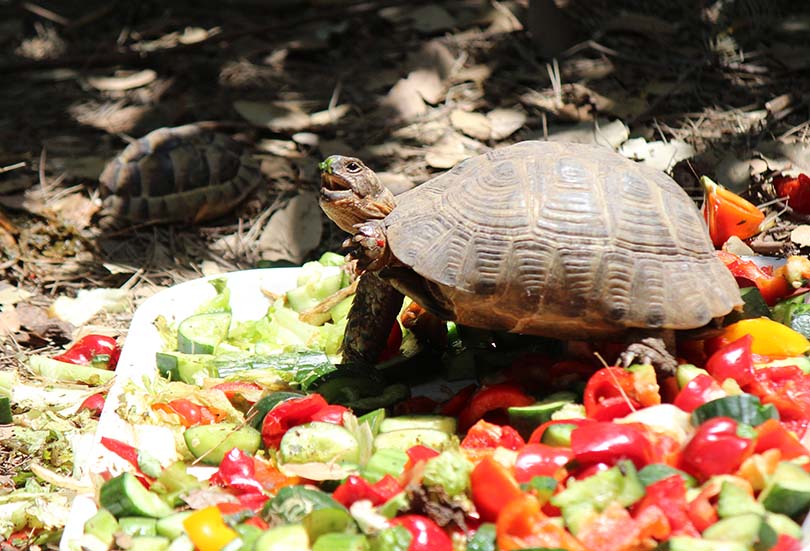
What Do Turtles Eat?
In the wild, turtles eat plant and animal matter. Their primary diets include grubs, earthworms, snails, caterpillars, beetles, mushrooms, flowers, grasses, berries, and fruits. Turtles will also eat carrion, or the flesh of dead animals if they find it.
Pet turtles usually eat a simpler diet. When looking for turtle food, choose pellets formulated for turtles. You can also purchase gut-loaded insects and earthworms at most pet stores. Remember that there are many turtle species, and their dietary needs depend on their species and age. Consult your veterinarian before making any significant changes in your turtle’s diet.
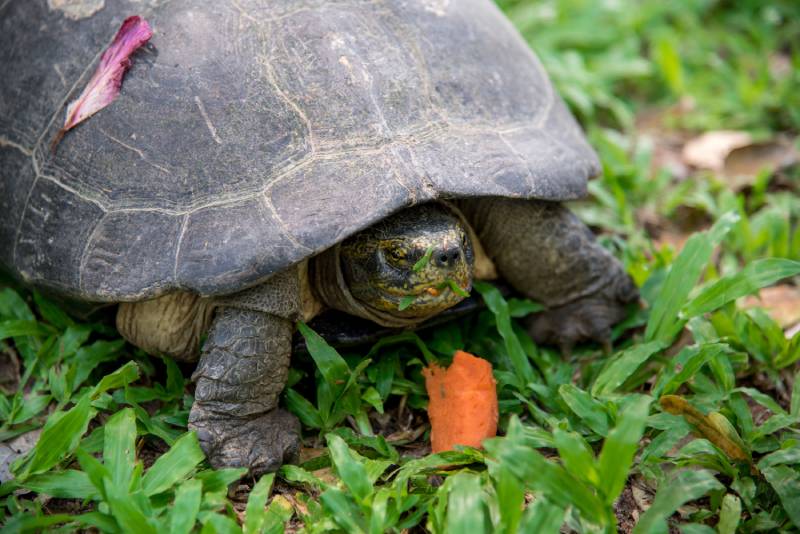
The 4 Vitamins & Minerals That Turtles Need
In addition to the previous foods, you can offer snacks to your turtle to supplement their diet. Below, we’ll discuss the essential nutrients that turtles need and some good snack ideas for these nutrients.
1. Calcium
Calcium helps your turtle develop and maintain healthy bones. It also plays a vital role in muscle development. Turtles that do not get enough calcium in their diets can develop skeletal problems and may develop anorexia due to a slowing down of their gut muscles. In some cases, deficiency can lead to cardiac failure.
To help your turtle get more calcium in their diet, offer plenty of leafy greens, such as kale, which are full of calcium. You can feed your turtle greens daily. Other calcium-rich snacks include crayfish, crickets, and roaches. If you feel your turtle is still not getting enough calcium, you may want to add a calcium supplement. For aquatic turtles, you might consider purchasing a slow-releasing calcium block.
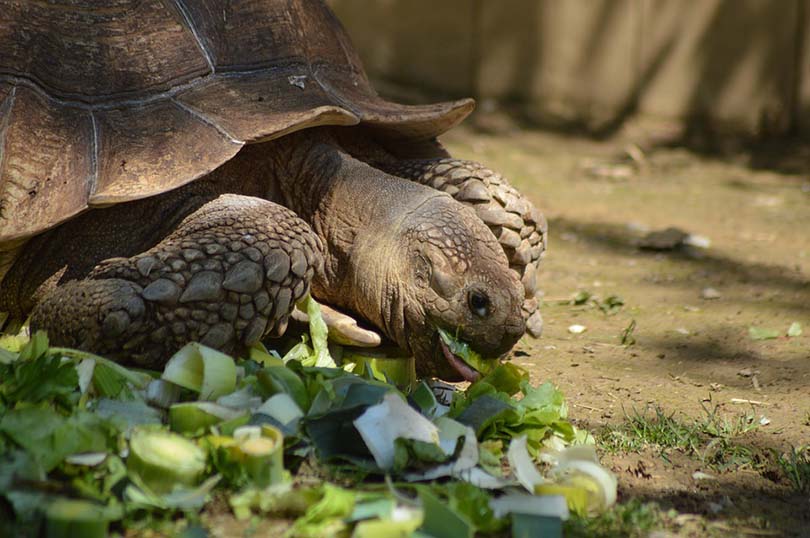
2. Phosphorus
Like calcium, phosphorus is an essential mineral that helps your turtle develop strong bones. However, it is important to properly balance the amount of calcium and phosphorus in your turtle’s diet. Every turtle needs calcium to absorb phosphorus, and when their calcium levels are too low, their body will begin to draw on internal sources of calcium, such as their bones. This imbalance of phosphorus and calcium can lead to metabolic bone disease.
Many foods your turtle eats regularly contain phosphorus, so supplementing their diet is not usually necessary. It’s essential to focus on calcium supplementation instead because turtles need a greater ratio of calcium to phosphorus, and they often don’t get what they need from their diets.
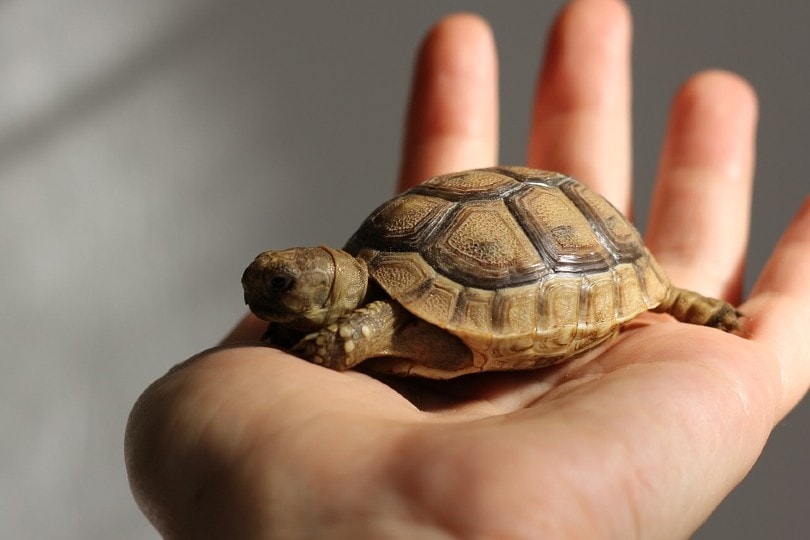
3. Vitamin A
Vitamin A is another essential vitamin that you should add to your turtle’s regimen. Vitamin A deficiency in turtles can lead to many issues, including respiratory disease, vision loss, and ear abscesses. In addition to formulated supplements, you can serve carrots, yellow squash, sweet potatoes, leafy green vegetables, and fish or fish oil.
4. Vitamin D3
If your turtle spends a lot of time outdoors, they may not need a vitamin D3 supplement. Unfiltered sunlight is the best source of vitamin D that your turtle can get. However, if your turtle spends all of their time indoors, you can provide a Vitamin D supplement.
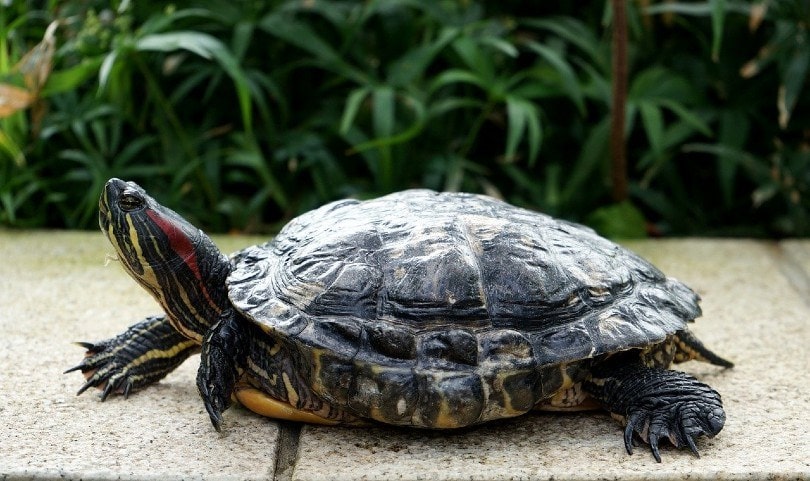
You can always add a UV light bulb to your turtle’s enclosure, but it isn’t as good as the real thing. If possible, let your turtle out of their enclosure and allow them to sunbathe outdoors a few times a week. Of course, you need to monitor this process to make sure no predators are nearby. You should also be aware that turtles can burn if they get too hot, so pay attention to the weather, and don’t keep your turtle outside for more than 30 minutes or so.
If you ensure your turtle gets plenty of sun time, they won’t need supplements. However, you could always try offering snacks rich in vitamin D. Over-supplementation can be a problem for reptile owners who give their turtles formulated supplements, but your turtle is unlikely to overdose on vitamin D. Foods that provide an excellent source of vitamin D include trout, mushrooms, egg yolk, and canned tuna in water.

Conclusion
While turtles can eat apples and other fruits, they should be a limited part of your pet’s diet, reserved for special treats. For daily snacks, choose vegetables and other foods with a higher nutritional value for turtles. Kale is an excellent choice because it is loaded with calcium. You can feed your turtle a handful of kale daily to help them meet their nutritional requirements.
You may also want to read:
